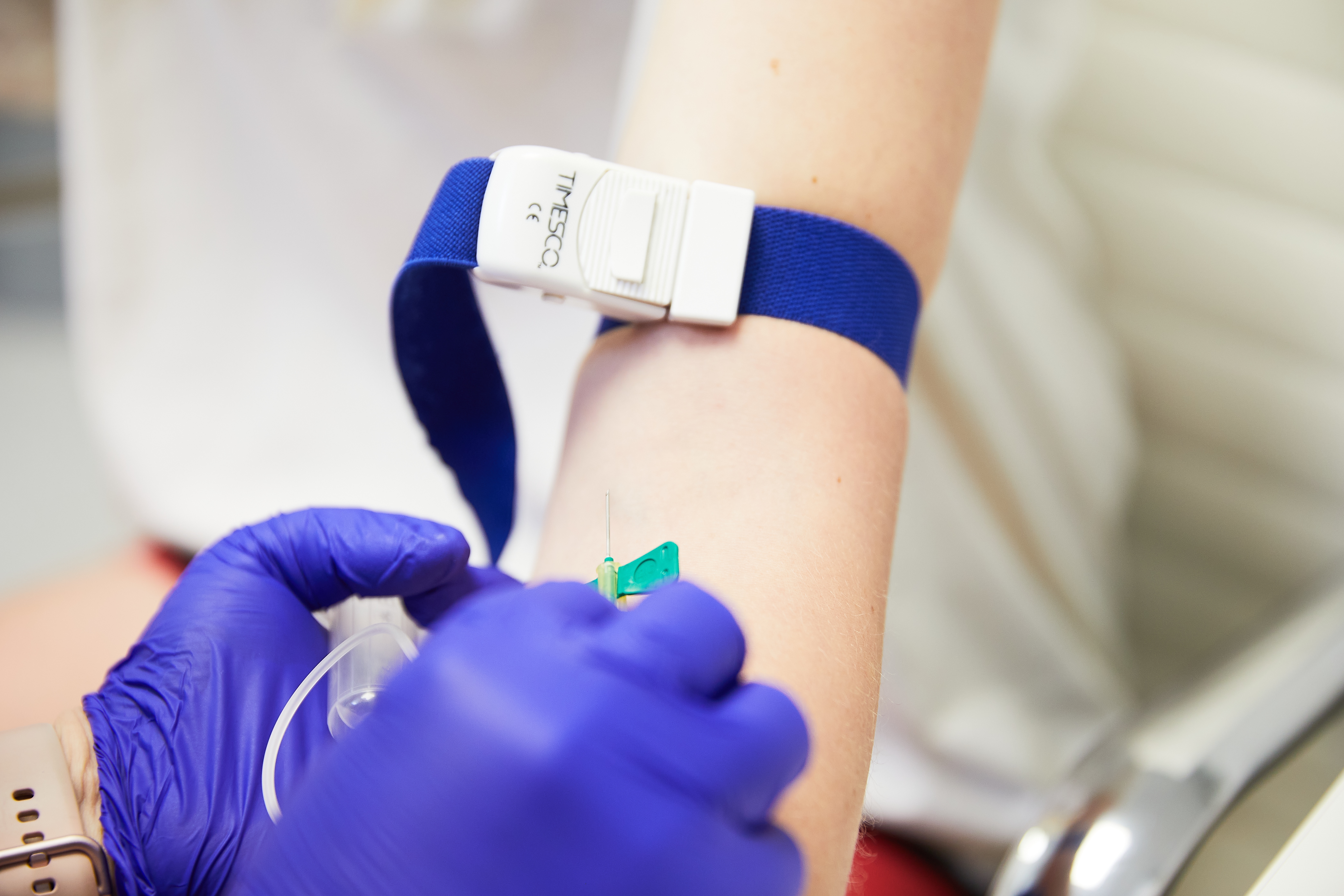Prenatal DNA testing can detect Down’s syndrome (also known as trisomy 21, the genetic defect which causes the condition) and other common foetal chromosomal conditions (including trisomy 18, trisomy 13 and Y chromosome aneuploidy). This DNA test is available to any woman carrying a single pregnancy.

Non-invasive pre-natal DNA test
- No waiting times
- Fast results
- Clinic in Manchester
- Price from £514

Enquire About Our Services
A member of our team will be in touch with you to discuss your requirements.
We put you at the heart of everything we do

We put the patient at the heart of everything we do.
Pall Mall Medical is owned and led by doctors –which means care without compromise. We’re driven by how best we can deliver what you need from start to finish.
- Care Quality Commission Regulated.
- State-of-the-art facilities.
- No waiting lists.
- Rated 4.95 by our patients.
- No referrals required.
Always here to help, whenever you need us
Our expert team are always here to help, advise and arrange appointments with our specialist consultants.

